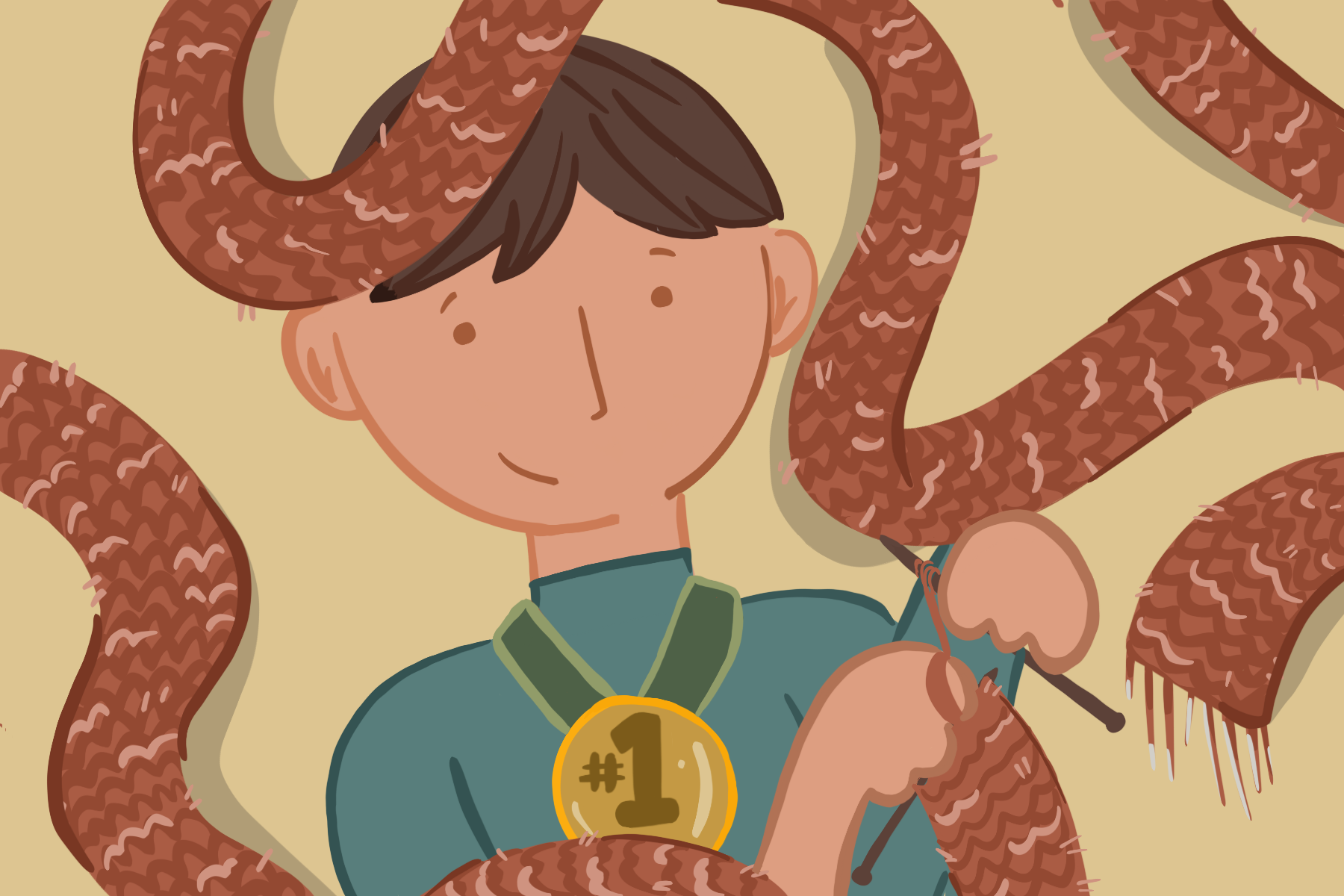In a world where everything happens so fast, and demands in various areas of our lives are increasingly overwhelming, we have a lot of room for productivity and perfection but very little for making mistakes and enjoying leisure time.
A hobby or pastime is a free-time activity for good time and relaxation. It happens outside of people’s obligations, and its objective is merely distraction through relaxation and fun. These activities have proven to be beneficial for our health because they help reduce stress and depression and increase self-esteem and creativity.
Unfortunately, we usually transfer stressful feelings to our hobbies due to our perfectionism and continuous comparison with other people through social media. We even feel pressured to turn our hobbies into extra income to be productive at all times, which is not wrong, but by doing so, we minimize the vital role of leisure in our lives.
Additionally, these feelings of perfectionism make us afraid to start a new activity, or we give up the first time we try something new for fear of “not being good enough,” and consequently, we fail. A hobby should not make us feel this way. Ultimately, this practice is not to impress a client or a teacher; it is for us. Practicing a hobby allows us to forget our responsibilities for a while and enjoy our free time.
Also, an essential aspect of hobbies is that they make us more resilient to failure and motivate us to continue after all the times we fail. «Approaching an activity without the dangling pressure of needing to be good at it motivates me to try new things with an open mind», says Kerri Duncan, writer for The Guardian. We can try repeatedly without feeling ashamed of the results because we have all the time in the world to improve since it is not an obligation, and there are no deadlines to sharpen our skills.
Failure is essential to our personal growth and learning, even if it is difficult and painful to accept. Although it temporarily affects our self-esteem, it has more long-term benefits: it increases the sense of determination and reflection because doing something incorrectly gives us the time to think deeply and polish the actions we must take to grow and improve. We must realize that failure is a typical element of the learning process, and embracing it is vital for maintaining a positive and open attitude.
A great example of the positive impact of hobbies occurred during the 2021 Olympics. The winner of the gold medal in Olympic diving, Tom Daley, went viral for the cute photographs of him knitting colorful sweaters during the competition; this particular diver dealt with moments of high tension for athletes by relaxing with his favorite hobby, which is knitting.
“[…] What knitting has taught me is that mistakes can teach you so many lessons. With diving, I was always so worried about making mistakes that I didn’t try to push forward – because I was worried that if I made a mistake, it would set me back. Knitting has allowed me to be a little bit more creative,” the English diver revealed in an interview for The Telegraph. “I honestly think I owe the Olympic gold to knitting,» Daley added.
Here we can clearly observe how the young man’s favorite hobby and career intertwined. He only knitted for fun, and in the end, it became a valuable tool that helped him become the world champion in diving. This is how our hobbies make us grow, reflect, and adopt healthy attitudes to apply in future learning in other areas of our lives.
Finding a hobby that impassions us is one of the best investments we can make in ourselves. Never hesitate to make space for these rewarding activities. Take some time to be yourself and have fun. Patience, resilience, growth, and openness are some of the many virtues you internalize by immersing yourself in these activities, permeating other areas of your day-to-day. How about it…are you ready to find your new hobby?
Translation by Daniel Wetta
This article from Observatory of the Institute for the Future of Education may be shared under the terms of the license CC BY-NC-SA 4.0 
)
)


)